



What is a teacher? Am I one?
After some time in my teaching practice, I realised that trying to define how I see teaching and how I see myself as a teacher led me to learn some essential things.
by Mykolas, student at DNS2015
If you are someone who is interested in education and culture, or who has a knack for relating and connecting to others, you might have given a thought on your role within society. You might have wondered, perhaps: “am I a teacher figure for those around me? How can I be of inspiration to others?”
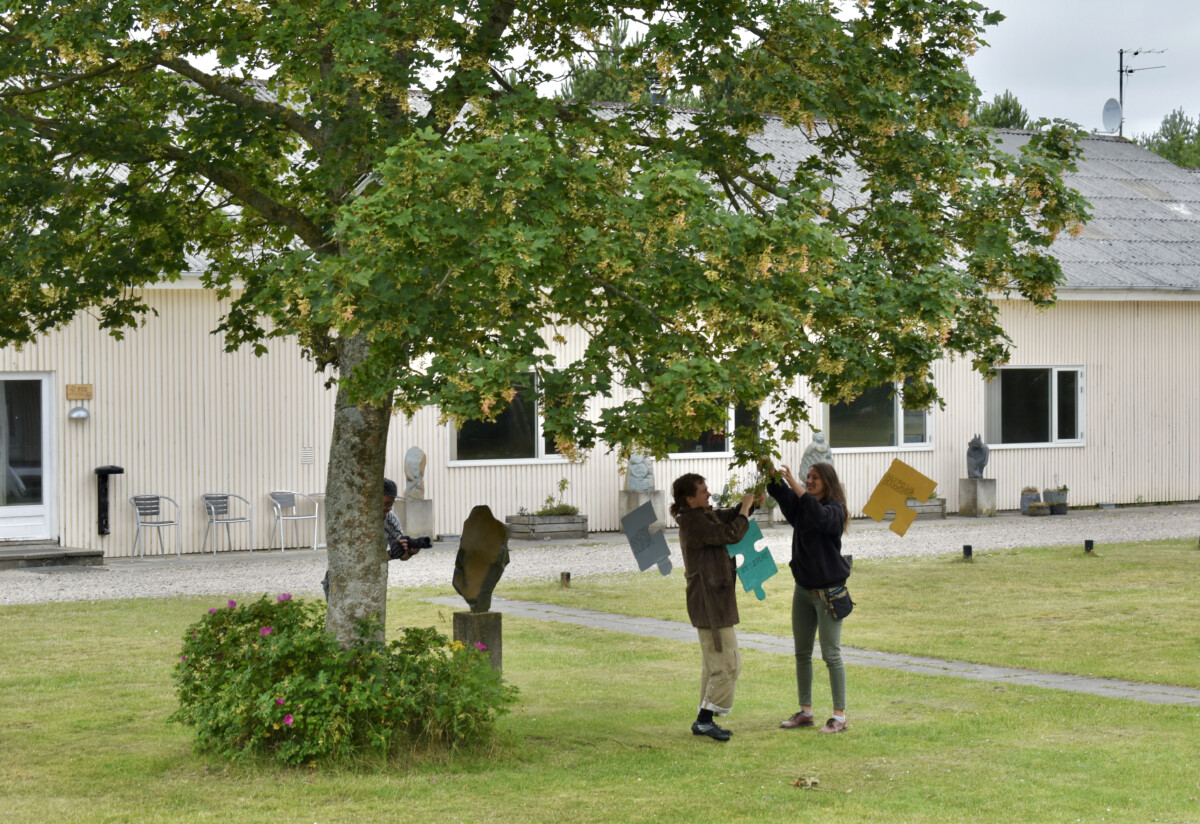
Teaching, in fact, is both a profession, position, and official occupation, but also a simple, often unconscious action that many of us carry out in different occasions of our lives. Everyone, at a certain point or perhaps all the time, is a teacher. Shouldn’t we all be prepared to teach, then, and use at our best the influence we have on each other?
As many of our students find out during their studies at DNS, teaching is in the first place a mindset and a lifestyle – and one that comes with a number of advantages, in our views. It requires gaining consciousness of your position within society, and a decision to make the most out of your capacities, for the benefit of others. What does a teacher lifestyle look like, then? And what are the benefits of leading your life “in the shoes of a teacher”?
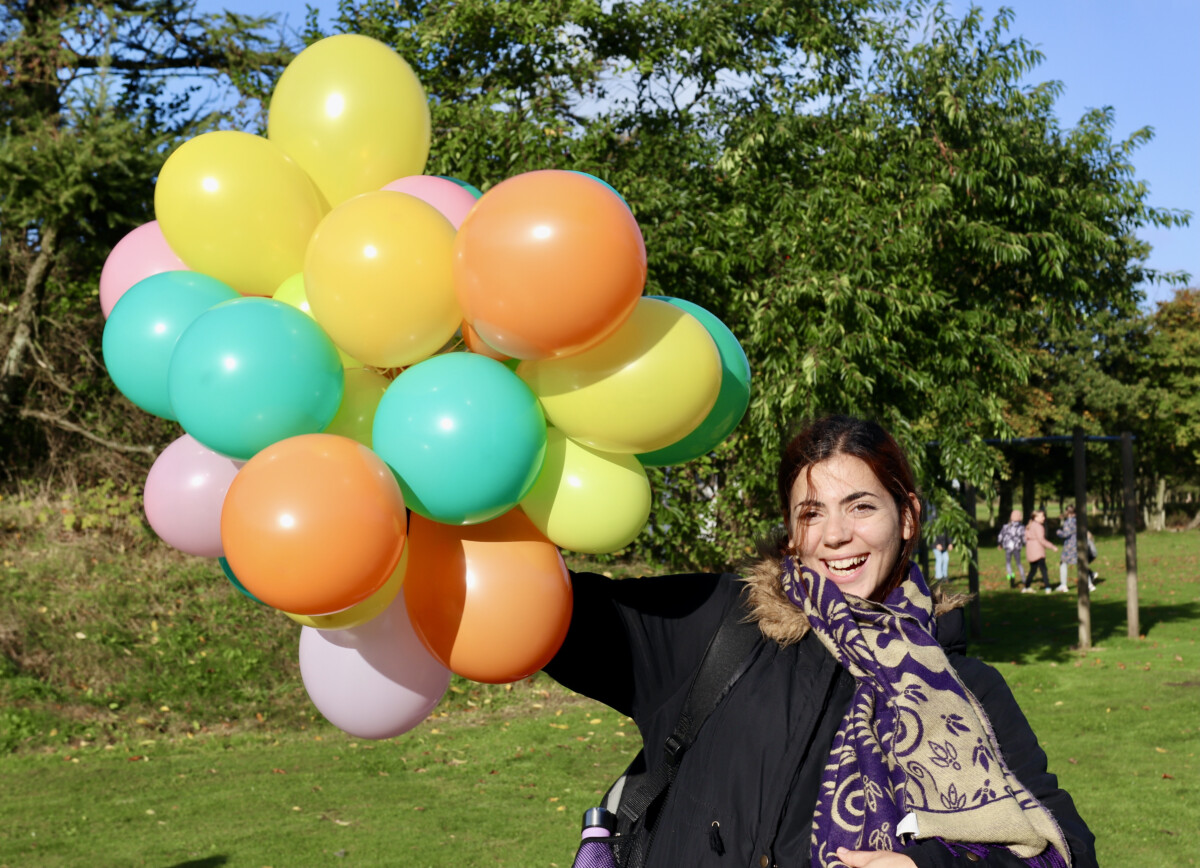
What does a teacher’s lifestyle look like?
It goes without saying that we are all different, that no two lives look the same and so do teachers. “Not everyone is great at lecturing, but all can become great teachers”. Beside our differences, everyone has his own skills and is capable of transmitting knowledge or inspiration. This is especially true when we free ourselves from the idea that teaching only happens in the classroom – why not consider ‘teaching’ that time you inspired someone to start exercising? And what about that time you had an impact on those around you just by doing the right thing and acting as a role model?
Teacher profession or teacher lifestyle?
What is the relation between the two? Can you be one without the other and both at the same time, too? Yes – you can even have a career as a teacher without ever adopting a teacher lifestyle (of course, according to our interpretation of it).
The difference between a teacher profession and teacher lifestyle lies on responsibility. Are you an employee, or a teacher? Do you care for the development of those around you outside school walls and times? How do you contribute to it?
Part of teaching as a lifestyle is looking for the educational aspect in the diverse activities that are part your life. Being interested and curious in a variety of fields, seeing the point of learning, and always striving to share your knowledge and interest with those around you are things that make you a good teacher. A constant reflection on the world, on others and on yourself, too, is another element of yourself as a teacher. What is it relevant to dig into? How can you involve others and spark their interest? How do your behaviours affect and unconsciously teach others?
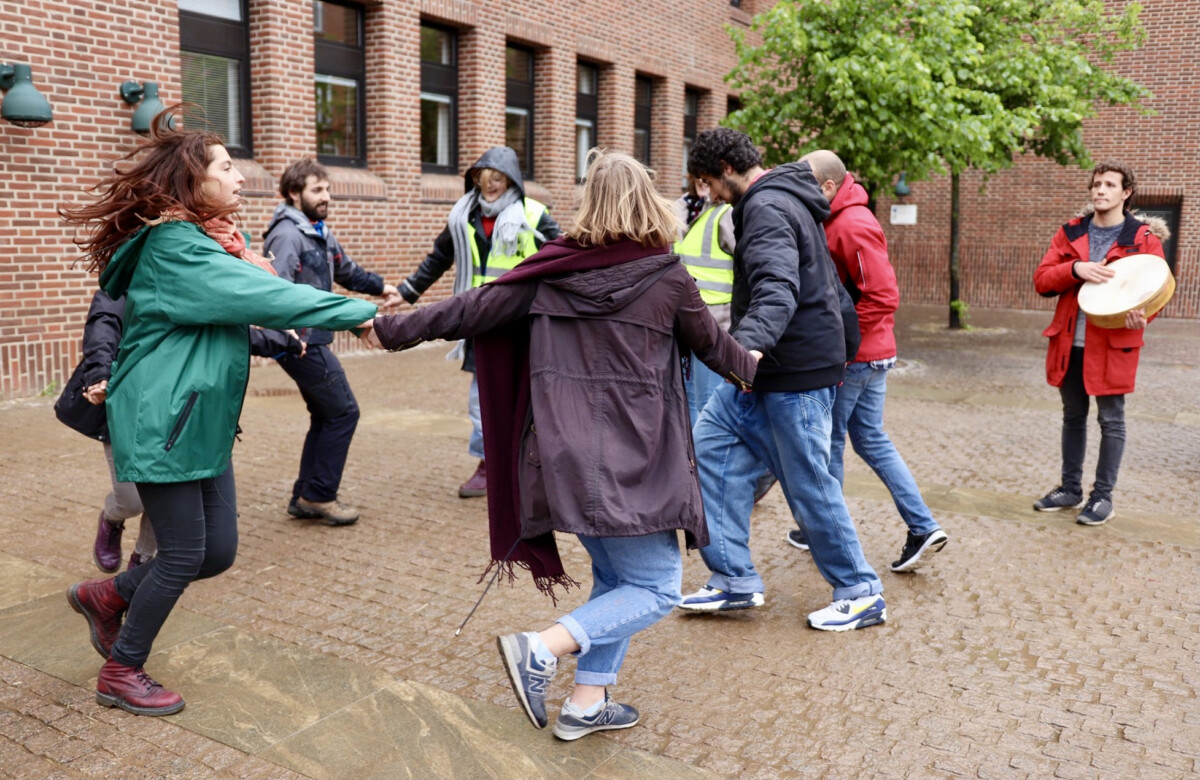
Ultimately, deciding to adopt a teacher lifestyle is about the small actions that make up our days, and it is especially about your decision to have a positive influence on the world. Behaving like the person you want to be, being aware of your impact on others and making the best out of it – perhaps showing yourself to be a hopeful, active person who stands up for their beliefs, or perhaps setting healthy and realistic standards of what it means to be a human that tries their best but isn’t perfect.
In the end, it is up to you to do the work and explore what kind of teacher you want to be.
Why should you be a teacher?
In brief, adopting this kind of lifestyle would help you become a better person, have a positive impact on those around you, and ultimately make the world a little brighter, too.
After all, if your intention is to be of inspiration and positive influence to others, to be curious about the world and to share your love for learning, there is little bad that you could do. Not only your life will seem more fulfilling and you will feel as a positive presence for those around you, but your behaviour will influence you acquaintances, too, and inspire them to do the same. This might give start to a wonderful ripple effect that might even cause substantial positive change in the world.

As it is true that ‘being a teacher’ doesn’t look the same for everyone, though, it is also true that it doesn’t always carry equal benefits in each case and situation. For this reason, we invite you to take a moment, grab a pen and paper, and give a thought to the following questions:
- What would a teacher lifestyle look like for me? How could I be of inspiration and positive influence for others?
- What kind of impact would this decision have on my life? What would it look like on a day to day basis?
- What kind of impact would this decision have on the life of those around me, and on the world?
- What could the world look like, if more people came across this reflection? What if it was part of mainstream culture and everyone thought of themselves as teachers to others?
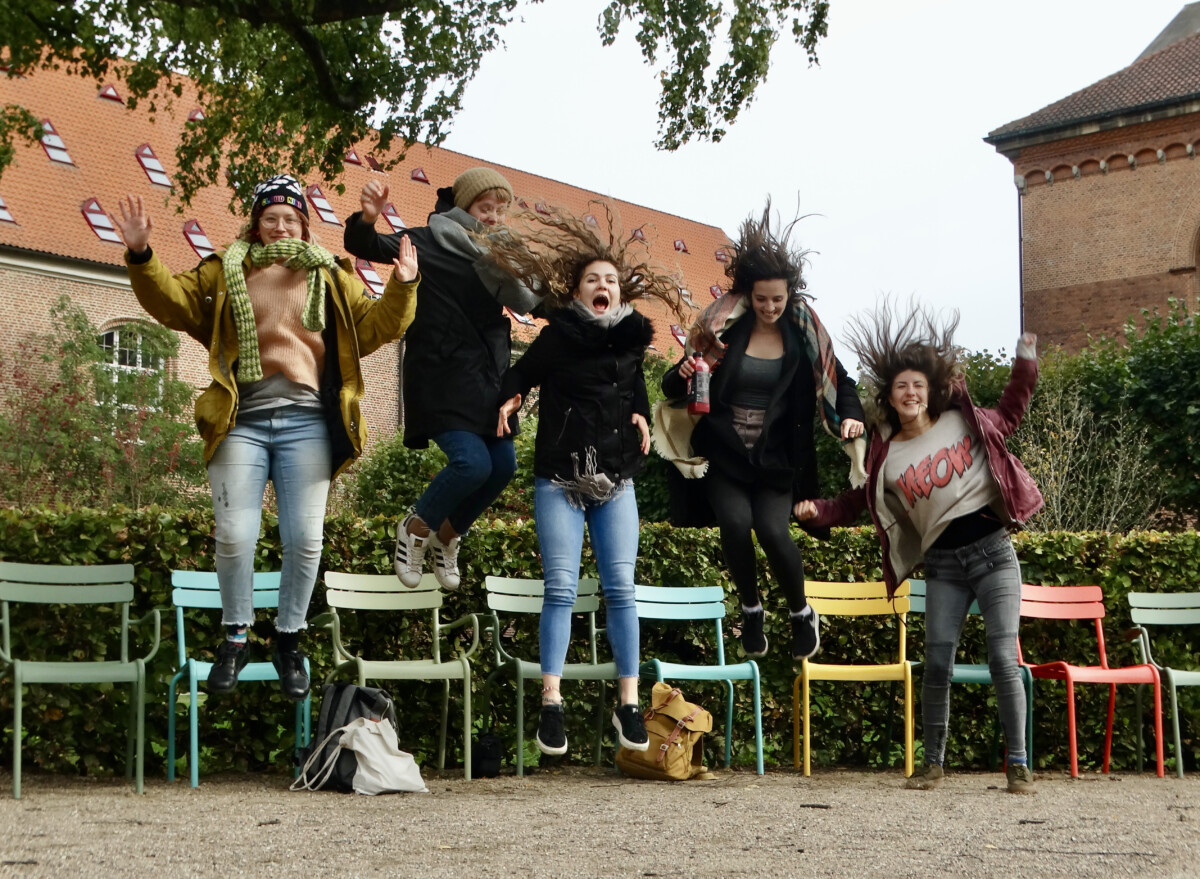
To conclude, adopting a teacher lifestyle might just be a life-changing decision for yourself and those around you – a decision you can make independently of your profession, status or previous education. What kind of teacher do you want, or perhaps need to be? How can you inspire others? What do you find relevant to bring to the world? These are questions only you can answer. Whatever your conclusions, rest assured that acting towards your idea of what it means to be a teacher will contribute to making the world everyday a little better.
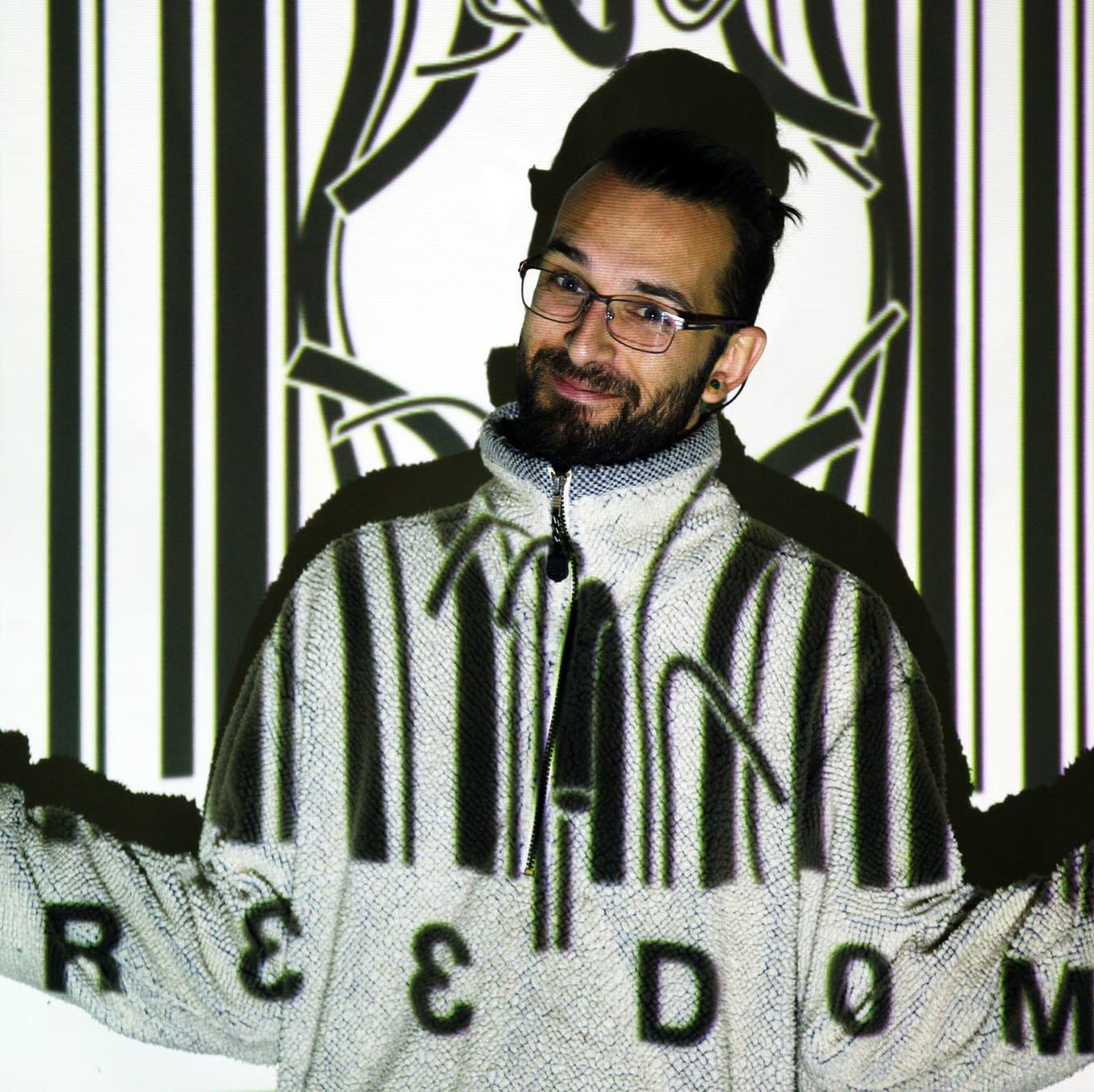
This article was originally written by one of our graduates, Mykolas from DNS2015. You can read more about our graduates here.
Teacher Lifestyle at our college
The pedagogy of our Bachelor Course revolves around the idea that everyone is a teacher – and that gaining consciousness of our role within society can help us become better versions of ourselves and create a better world, too.
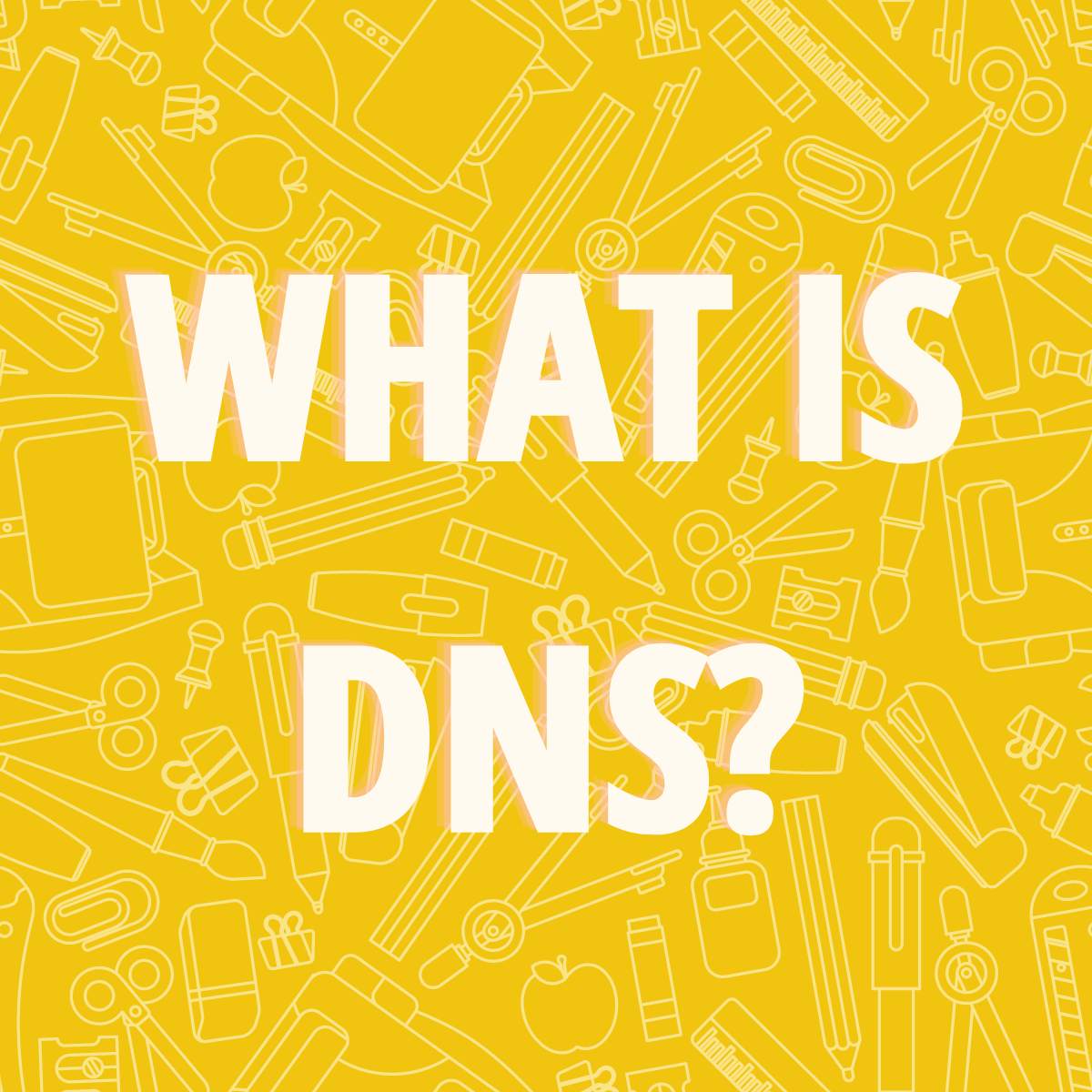
What is DNS?
“The Necessary Teacher Training College” is an alternative higher education aiming to train progressive personalities who are able to understand and respond to the many challenges of our times. Based in Denmark, our 4-year Bachelor Programme aims to enable its students to become global citizens and proficient educators, able to act and meet the challenges of the future.
Since DNS was established in 1972, over 1.000 graduates have played an important role in bringing equitable quality education to children and youth, as well as in all sorts of other projects and development programmes worldwide.

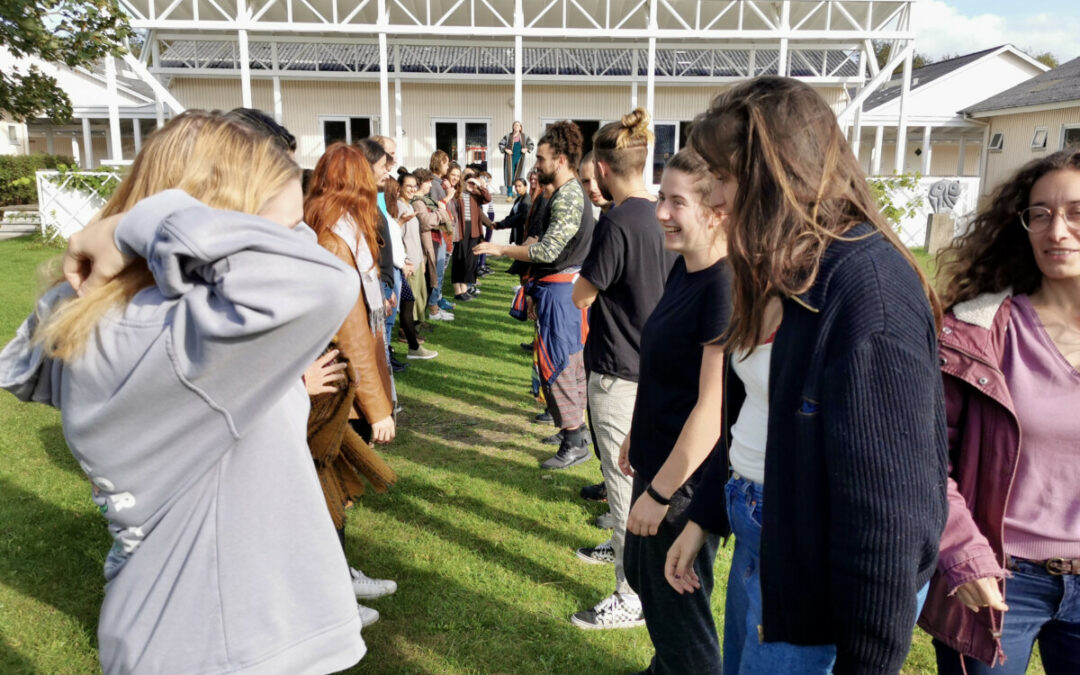
10 surprising elements of community life
If you are curious about what it is like to live in a community, here are 10 elements of community life that you might find surprising – drawn from the collective experience of our 50-year-old Community in Denmark.
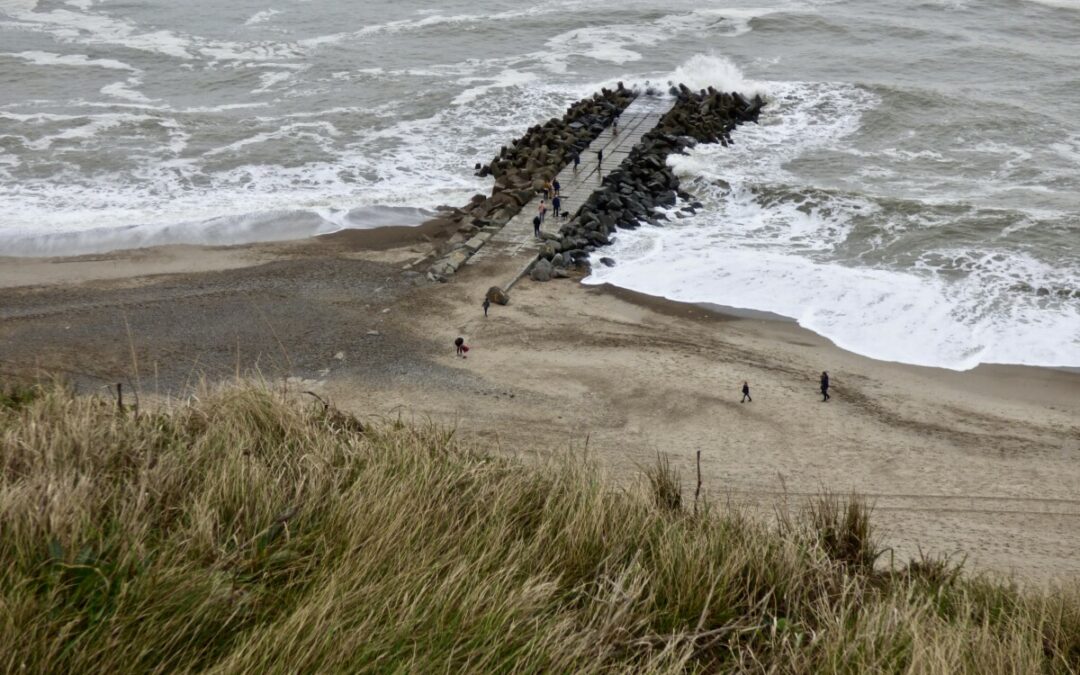
Student experiences: “The white noise around Climate Change”
Information about Climate Change is vastly available – yet there is little we understand and act upon collectively. Are we educated enough to face the upcoming crisis? And do we need a new vocabulary to better understand and interpret this major issue?

How can we prepare the next generations for the challenges of the future?
What does the future have in store for us? How can we help the next generations to deal with a future of challenges and struggles caused by the failures of the past?
Let’s start a discussion!
Did you like this article? Let us know what you think in a comment!
“Adopting a teacher lifestyle might be a life-changing decision – one you can make independently of your profession, status or previous education.”
Here is what others think:


10 surprising elements of community life
If you are curious about what it is like to live in a community, here are 10 elements of community life that you might find surprising – drawn from the collective experience of our 50-year-old Community in Denmark.

Student experiences: “The white noise around Climate Change”
Information about Climate Change is vastly available – yet there is little we understand and act upon collectively. Are we educated enough to face the upcoming crisis? And do we need a new vocabulary to better understand and interpret this major issue?

How can we prepare the next generations for the challenges of the future?
What does the future have in store for us? How can we help the next generations to deal with a future of challenges and struggles caused by the failures of the past?

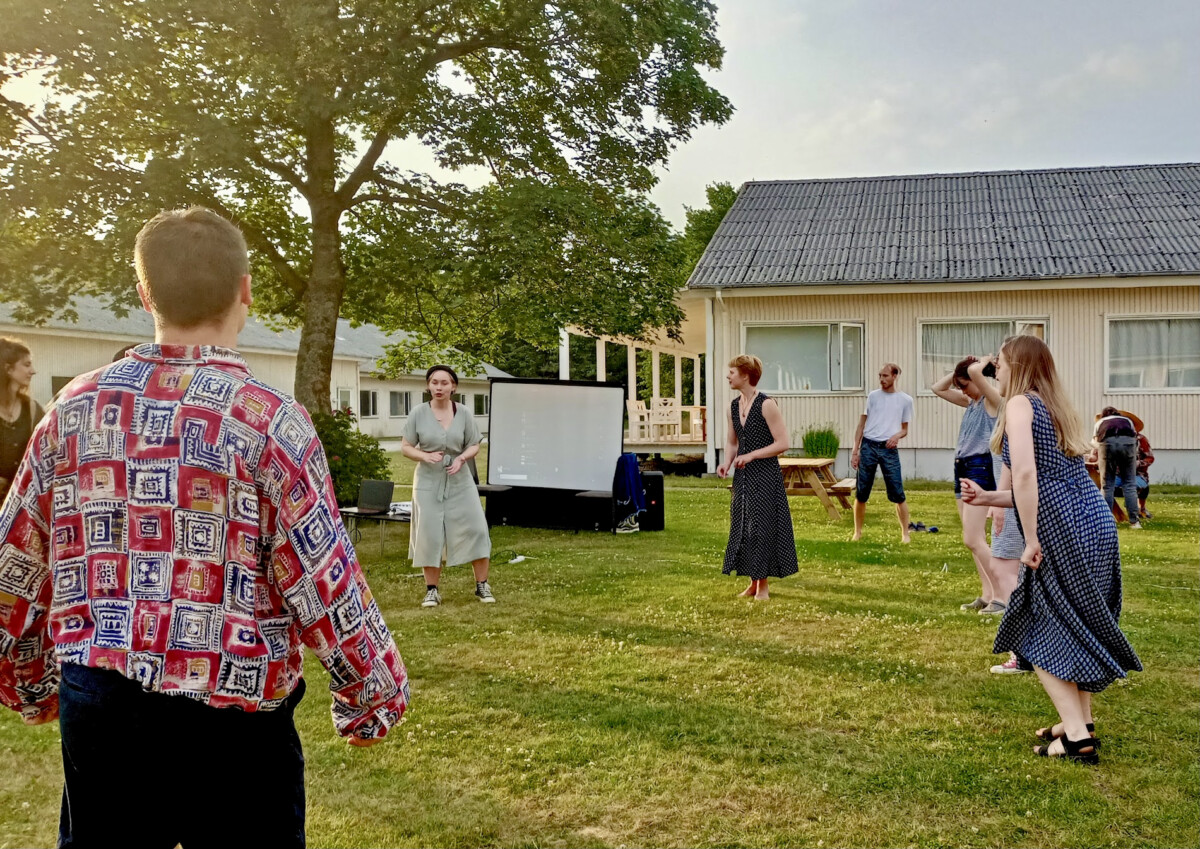
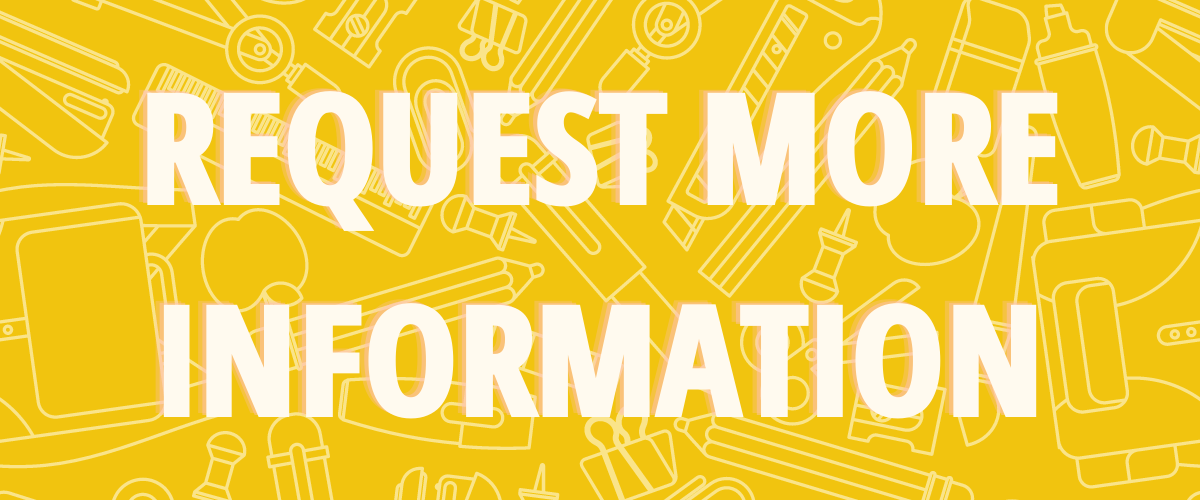

0 Comments